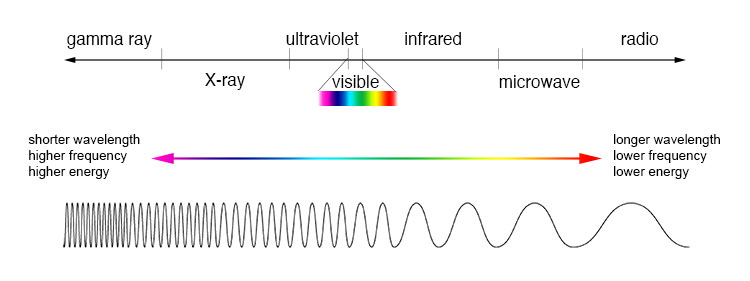- Joined
- Aug 20, 2006
- Messages
- 13,000
This Pew Research Center survey provides some insight into the American publics science knowledge. I am relieved that nobody picked moon for that photo of a comet.
On Pew Research Centers set of 12 multiple-choice questions some of which include images as part of the questions or answer options Americans gave more correct than incorrect answers; the median was eight correct answers out of 12 (mean 7.9). Some 27% answered eight or nine questions correctly, while another 26% answered 10 or 11 items correctly. Just 6% of respondents got a perfect score.
On Pew Research Centers set of 12 multiple-choice questions some of which include images as part of the questions or answer options Americans gave more correct than incorrect answers; the median was eight correct answers out of 12 (mean 7.9). Some 27% answered eight or nine questions correctly, while another 26% answered 10 or 11 items correctly. Just 6% of respondents got a perfect score.
![[H]ard|Forum](/styles/hardforum/xenforo/logo_dark.png)
